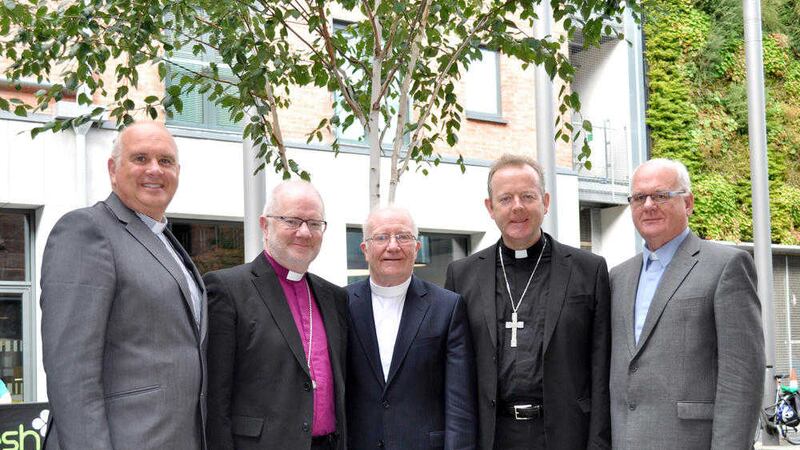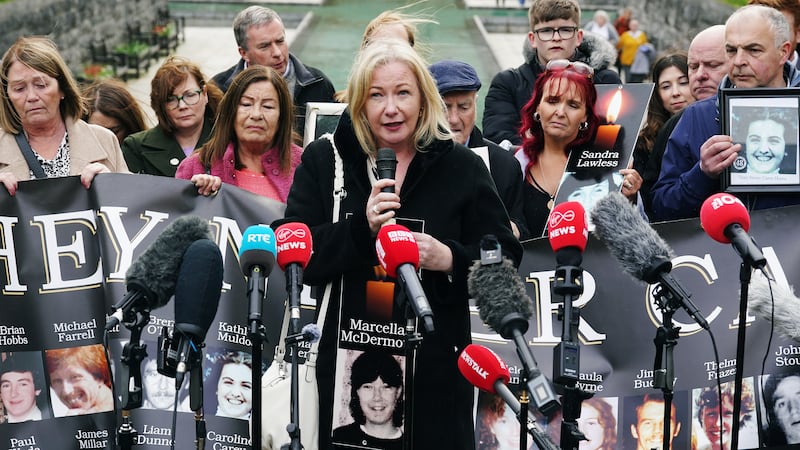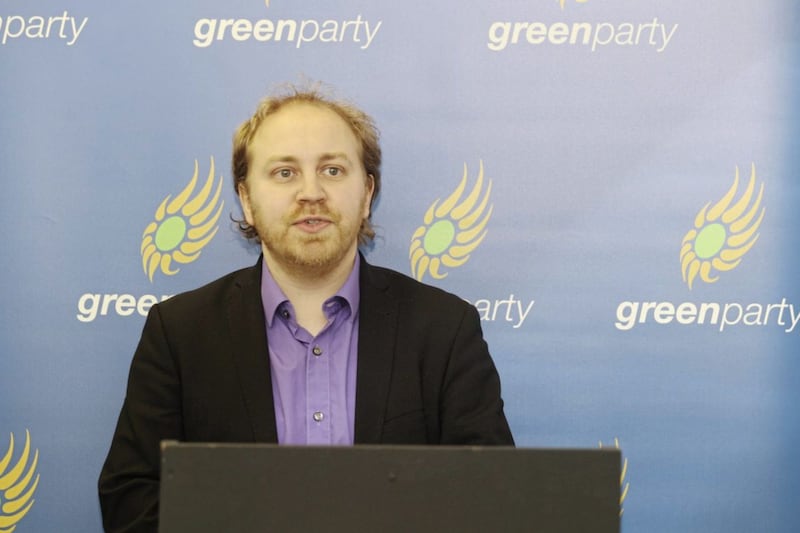People must seek a true vision of the future when commemorating the past, the heads of Ireland's main Churches have urged.
Leaders of the Catholic, Church of Ireland, Presbyterian and Methodist Churches, as well as the President of the Irish Council of Churches, issued the plea in a joint new year statement.
The centenaries of the Easter Rising and the Battle of the Somme both occur in 2016.
In their message, the five Church leaders including Catholic Archbishop Eamon Martin and Church of Ireland Archbishop Richard Clarke noted that such significant historical events had an impact on people and culture north and south.
"This year, 2016, will being with it the centenary of many significant events which have shaped the history and culture of this island and its people," the leaders said.
"In remembering our past we must also seek a true vision of our future. In recent years, much has been achieved in working towards a peaceful society throughout Ireland based on mutual agreement, understanding and respect.
"As the light of a new year dawns, may our united prayer be that peace and justice will continue to grow and blossom throughout our land. may our memories and commemorations of the past, alongside our hopes and longings for the future, strengthen our resolve to live together in harmony, trusting in the Lord Jesus Christ in whom we find our hope, for he is `the same yesterday, today and forever'."
Meanwhile, in his own message, Archbishop Martin said the Rising and Somme commemorations would provide opportunities "for us to deepen our understanding of who we are as a people and to affirm our hope for lasting peace and justice".
"We will be able to reflect on where we are as a society and on what we want to achieve for the future," he said.
"People of faith will shape their understanding of these transformative events in the context of Christian values such as love of neighbour, respect for life, reconciliation, hope and healing."
The centenaries coincide with the Holy Year of Mercy in the Catholic Church. The Irish Catholic Bishops' Conference said the commemorations would bring to the fore the way in which the militarisation of politics and government impacted on society.
"There is much that separates these two events, but there are also important common denominators, most notably the tragic loss of life - primarily the lives of young people, many of whom were prepared to give their lives for their values, for their vision of the nation and its place in the world," a statement read.
"As we approach these centenaries, the impact of armed conflict can still be felt, both here and throughout Europe. In their endorsement of the Good Friday Agreement, and support for local and international peace initiatives in the years since, the overwhelming majority of people throughout the island of Ireland have expressed their commitment to non-violent means of conflict resolution.
"It is time to challenge ourselves, however, to reflect on whether we have been sufficiently courageous in promoting a radical culture of peace."





